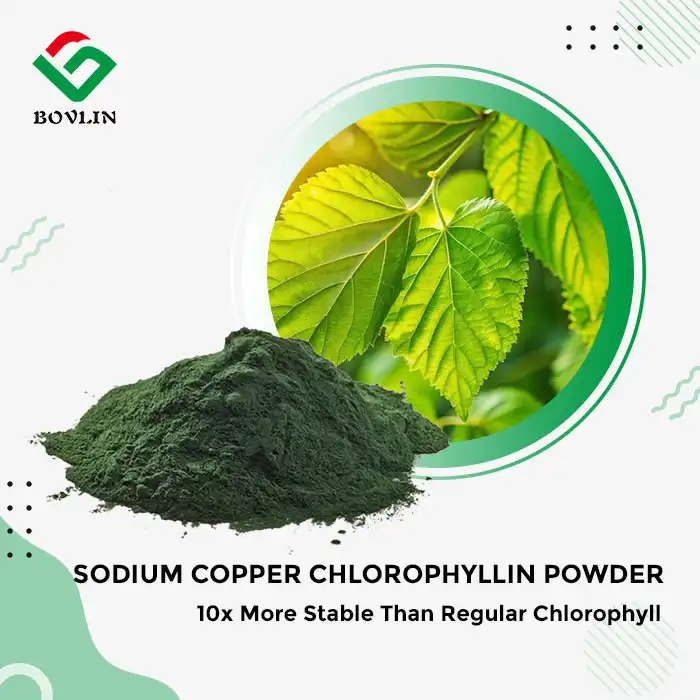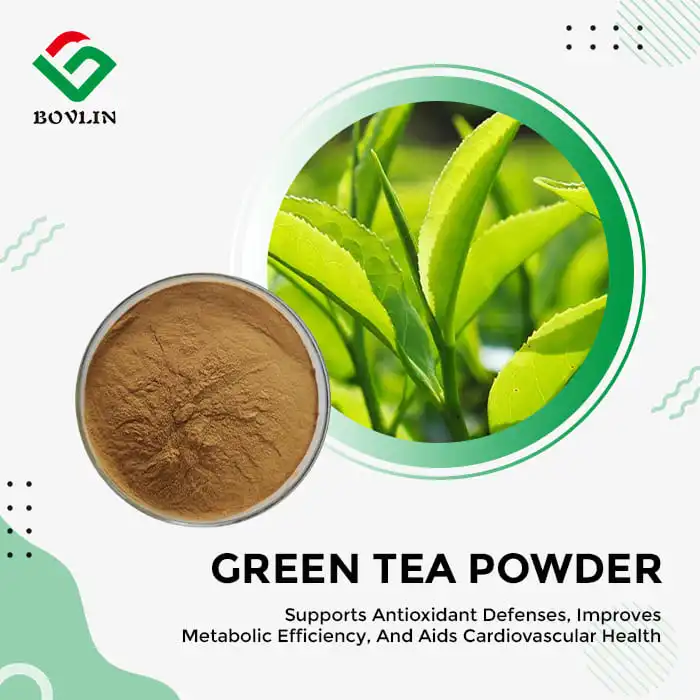What Is the Connection Between Beta Glucan and Cholesterol?
The Nature of Beta Glucan
Beta glucan is a type of soluble fiber found in the cell walls of yeast, certain mushrooms, and some grains. Yeast beta glucan, specifically, has gained attention for its unique structural properties that may influence cholesterol metabolism. This complex polysaccharide forms a gel-like substance in the digestive tract, which can interact with cholesterol and bile acids.
Cholesterol Absorption and Excretion
One of the primary ways yeast beta glucan powder may affect cholesterol levels is by interfering with cholesterol absorption in the intestines. The gel-like substance formed by beta glucan can bind to cholesterol molecules, preventing them from being absorbed into the bloodstream. Additionally, this process may increase the excretion of cholesterol through fecal matter, effectively reducing overall cholesterol levels in the body.
Bile Acid Metabolism
Yeast beta glucan supplements may also influence cholesterol levels by affecting bile acid metabolism. Bile acids, which are synthesized from cholesterol in the liver, play a crucial role in fat digestion. Beta glucan can bind to bile acids in the intestines, leading to increased excretion. To compensate for this loss, the liver must produce more bile acids, using cholesterol from the bloodstream as a precursor. This process can result in a reduction of circulating cholesterol levels.
Mechanisms Regulating Lipid Metabolism
Hepatic Cholesterol Synthesis
Yeast beta glucan has been studied for its potential role in modulating cholesterol synthesis in the liver, which is central to overall lipid metabolism. Evidence suggests that it may influence the activity of HMG-CoA reductase, the key rate-limiting enzyme responsible for cholesterol production. By partially inhibiting this pathway, yeast beta glucan powder could help lower endogenous cholesterol levels, thereby reducing the body’s overall cholesterol burden. This mechanism highlights its potential as a natural dietary component for supporting healthier lipid metabolism.
LDL Receptor Upregulation
Another important mechanism by which yeast beta glucan may contribute to cholesterol reduction is through the upregulation of LDL receptors in the liver. These receptors play a crucial role in clearing LDL cholesterol, often referred to as “bad cholesterol,” from the bloodstream. Research indicates that beta glucan intake may enhance both the number and activity of these receptors, leading to improved removal of circulating LDL. This effect ultimately supports healthier lipid profiles and may reduce the risk of cardiovascular complications.
Inflammatory Response Modulation
Beyond its direct effects on lipid levels, yeast beta glucan also exerts influence through its anti-inflammatory properties. Chronic low-grade inflammation is a known contributor to abnormal lipid metabolism and cardiovascular disease progression. Studies suggest that yeast beta glucan supplements can modulate immune responses, lowering pro-inflammatory markers and supporting systemic balance. By reducing inflammation, beta glucan may indirectly improve lipid metabolism and cardiovascular resilience, making it a multifunctional compound for promoting both heart health and overall metabolic wellness.

Research Findings on Natural Cholesterol Reduction
Clinical Studies on Yeast Beta Glucan
Numerous clinical studies have investigated the cholesterol-lowering effects of yeast beta glucan powder. A meta-analysis of randomized controlled trials found that beta glucan supplementation was associated with significant reductions in total cholesterol and LDL cholesterol levels. These findings support the potential of yeast beta glucan as a natural ingredient for cholesterol management products in the nutraceutical industry.
Dosage and Efficacy
Research has explored various dosages of yeast glucan yeast beta glucan to determine optimal efficacy for cholesterol reduction. Studies suggest that daily doses ranging from 3 to 7 grams of yeast glucan beta glucan may be effective in lowering cholesterol levels. However, the exact dosage may vary depending on the specific product formulation and individual factors. Manufacturers should consider these findings when developing yeast glucan yeast beta glucan supplements for cholesterol management.
Long-term Effects and Safety
Long-term studies on the effects of yeast beta glucan powder have shown promising results for sustained cholesterol reduction. Additionally, research has demonstrated a favorable safety profile for beta glucan consumption, with minimal reported side effects. This makes yeast glucan an attractive option for manufacturers looking to develop safe and effective natural cholesterol-lowering products for long-term use.
Conclusion
The growing body of research supports the potential of yeast beta glucan powder as a natural solution for cholesterol management. Its ability to influence cholesterol absorption, bile acid metabolism, and lipid synthesis makes it a promising ingredient for manufacturers in the health and wellness industry. As consumers increasingly seek natural alternatives for maintaining cardiovascular health, yeast beta glucan supplements offer an evidence-based option. While further research is ongoing, the current findings suggest that incorporating yeast beta glucan into product formulations could provide valuable support for individuals looking to manage their cholesterol levels naturally.
Contact Us
For more information about our yeast beta glucan powder and how it can enhance your product offerings, please contact us at sales1@bovlin.com. Our team of experts is ready to assist you in developing innovative, science-backed solutions for cholesterol management.












